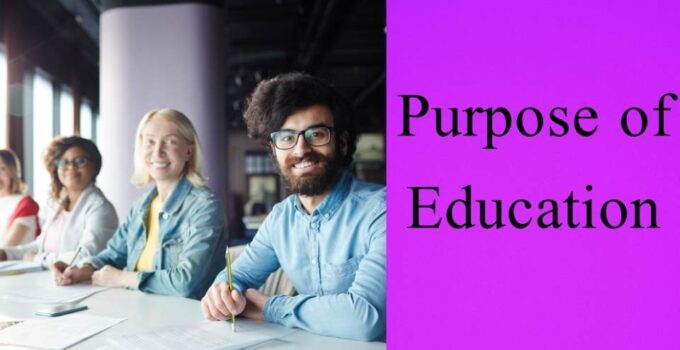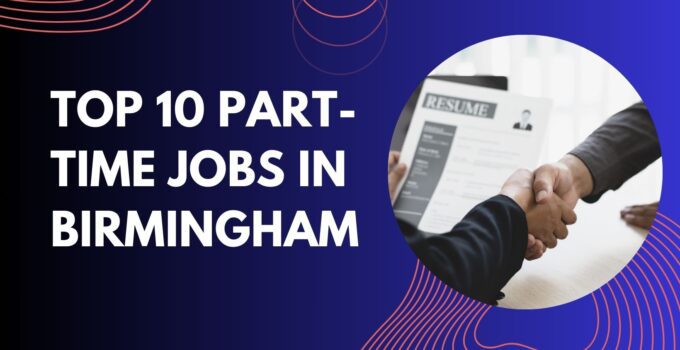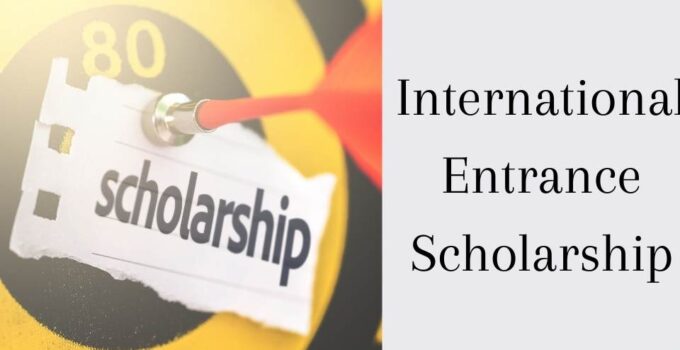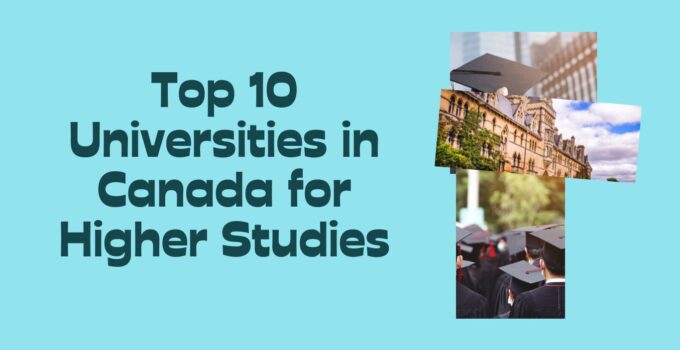What is the purpose of education
Education isn’t just about textbooks and tests. It’s about shaping minds, building character, and empowering individuals to live richer, fuller lives. At its core, education aims to nurture every aspect of a person—mentally, emotionally, and socially. Beyond personal growth, it plays a crucial role in creating a society where people are aware of their rights, responsibilities, and the world around them.
Education, in essence, is the gateway to understanding our world. It equips us with the knowledge to develop physical skills, hone cognitive abilities, and cultivate values that guide us through life. A well-rounded education doesn’t just create good students—it builds responsible citizens.
The Bigger Picture: Why Education Matters
Ever wondered about the true goal of education? You’re not alone. What is education really for? Is it merely a stepping stone to getting a job, or is there something deeper at play?
Education is much more than just acquiring knowledge. It’s a cultural process that helps us grasp the complexities of life, expand our minds, and shape our values. Whether it’s fostering critical thinking, encouraging innovation, or promoting social harmony, education serves a wide array of purposes that go far beyond the classroom.
The Purpose of Education: It’s More Than Just Making Money
Some people believe that the ultimate goal of education is to lead a successful life, earn a good living, and contribute to society. But if you think that’s all education is about, think again. Education does far more—it pushes us to think critically, challenge the status quo, and come up with ideas that benefit the greater good.
Education is not just a human instinct but a fundamental process that drives growth and progress. It frees us from ignorance, allows us to distinguish right from wrong, and fosters the ability to share knowledge with others.
Non-Formal Education: Learning Beyond the Classroom
Education doesn’t only happen within the four walls of a school. Non-formal education—learning that takes place outside formal institutions—is just as valuable. Whether it’s life lessons passed down from family or skills acquired through everyday experiences, this form of education shapes us in profound ways.
From learning through trial and error to understanding social obligations, non-formal education teaches us lifelong skills that formal education sometimes misses.
Formal Education: Structure and Achievement
Formal education, on the other hand, follows a structured curriculum in schools and universities. Here, students learn through guided instruction, take exams, and are assessed on their performance. This form of education plays a key role in shaping professionals and specialists who go on to contribute to various sectors of society.
Distance Learning: The Modern Educational Frontier
In today’s digital age, education is no longer confined to physical classrooms. Distance learning offers flexibility and access to education from anywhere in the world. With the rise of online classes, students can now learn from the comfort of their homes, break free from geographical boundaries, and still receive a top-tier education.
The Essence of Education: A Lifelong Journey
At its heart, education is about building a better world. It’s an ongoing process that transcends generations, evolving and expanding as society progresses. Through education, we connect with others, exchange ideas, and move towards a brighter future.
Western philosophers like Plato, Socrates, and Aristotle laid the foundations of modern education, advocating for the development of critical thinking. However, education isn’t limited to ancient wisdom—it evolves, embracing new methods and ideas.
Education in the 21st Century: Shaping Tomorrow’s Leaders
In the fast-paced 21st century, education is more important than ever. It emphasizes personalization, collaboration, and equality—skills that are vital in a rapidly changing global economy. Education today prepares students for jobs that don’t even exist yet, empowering them with the tools to navigate an unpredictable future.
Education is, without question, the most powerful tool for promoting human rights, social justice, and sustainable development.
Malala Yousafzai’s Vision: Education as a Catalyst for Change
One of the most inspiring voices in the fight for education is Malala Yousafzai. Known worldwide for her courage in advocating for girls’ education, Malala’s journey highlights the transformative power of learning. According to Malala, education is not just about acquiring knowledge—it’s about creating a capable society where individuals can think freely and adopt a progressive mindset.
Malala’s mission serves as a reminder that education is a right, not a privilege, and that it has the power to change lives, communities, and the world.
Conclusion: Education as a Path to a Better Society
Ultimately, the purpose of education is to create a more just, equitable, and informed society. It empowers individuals to make better choices, fight for their rights, and contribute to the common good. Education doesn’t just teach us facts—it teaches us how to think, question, and innovate.
In the hands of educators, leaders, and students alike, education is a powerful tool for building a brighter future. It fosters respect, equality, and responsibility, and it plays an indispensable role in the progress of humanity.
So, next time you think about education, remember: it’s not just about what you learn, but how you use that knowledge to make the world a better place.





